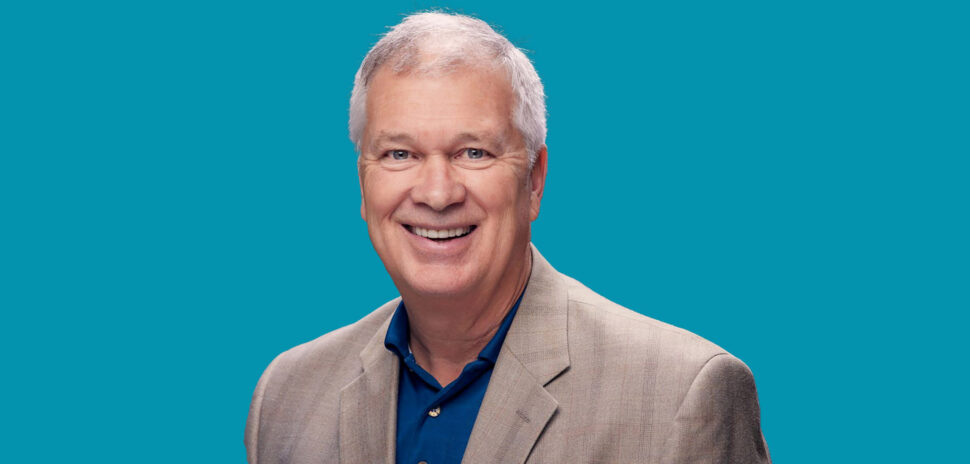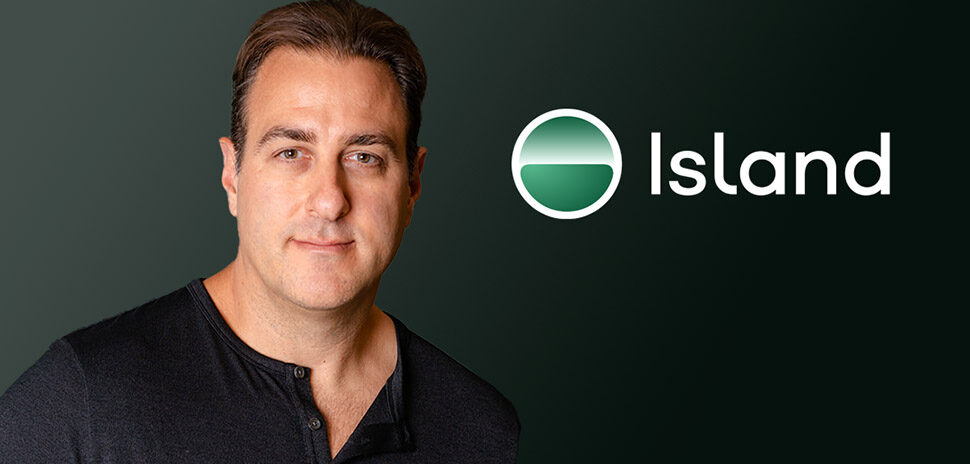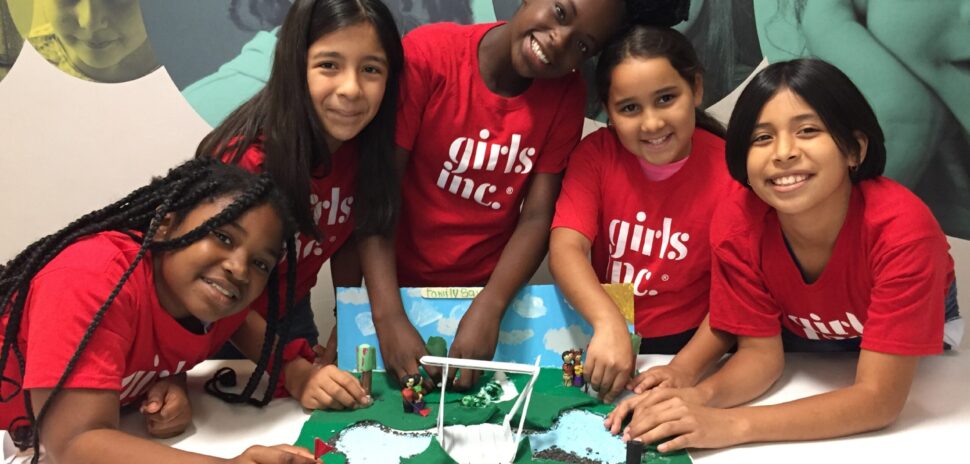Dallas-based Osteal Therapeutics has completed an oversubscribed $23 million Series C equity financing round.

Osteal’s David Thompson
The clinical-stage biopharmaceutical company, which says it’s developing “a new category” of combination therapies for orthopedic infections, said the proceeds leave it well-funded to submit its New Drug Application submission to the FDA and accelerate preparation for commercial launch of VT-X7, its lead therapy for the treatment of periprosthetic joint infection.
“This is a very exciting time at Osteal, as we expect to achieve a number of critical value-creating milestones in the coming months,” President and CEO David Thompson said in a statement. “This capital raise places Osteal in an excellent position to continue our progress with the VT-X7 program, while also leveraging our technical and scientific expertise to strategically expand our pipeline.”
Osteal said that Asteroid Partners led the Series C round, joined by new investor Gideon Strategic Partners and returning investors Johnson and Johnson Development Corp., HM Capital, Prism Ventures, and Medvest Capital.
In conjunction with the financing, Osteal announced that Martin Sands and Steven Sands of Asteroid Partners will join its board as board member and observer, respectively.
Improving outcomes for rare joint-replacement complication
Founded in 2013, Osteal Therapeutics is a privately held, clinical-stage pharmaceutical company developing novel musculoskeletal therapeutics to treat orthopedic infections and their consequences. Osteal was founded by its Chief Medical Officer, Brian de Beaubien, M.D., and co-founder Jude Paganelli, who serves as the company’s CTO.
Osteal said that it’s rapidly approaching completion of enrollment in APEX-2, a multi-center, randomized controlled clinical trial of VT-X7.
The company said that APEX-2 is intended to build upon the safety and efficacy evidence obtained from APEX-1, a similarly designed Phase 2 study that it said had successfully met its primary endpoint earlier this year.
The company said that both studies were designed in consultation with the FDA following receipt of orphan drug and qualified infectious disease product designations.
Osteal expects to seek NDA approval once APEX-2 reaches its planned endpoints, the company said.
“Today, hip and knee replacements are extremely common,” Asteroid Partners’ Martin Sands, who’s based in New York, said in a statement. “An aging population that’s seeking to stay active will drive a roughly three-fold increase in annual procedures between now and 2040. PJIs, while rare, closely track the number of primary and revision joint replacements.”
“The current standard of care for treatment of PJI is associated with significant morbidity, risk of early death and reduced quality of life, driving both the clinical community and regulators to search for better treatment options,” Sands added. “Osteal is addressing this significant unmet medical need with a highly novel approach.”
Steven Sands said that Osteal has made good progress in the clinical trials.
“I’m impressed with the progress this team has made, especially with their clinical program,” he said in a statement. “What I find the most compelling is that when I speak to clinicians, they universally describe the serious unmet need in PJI treatment and quickly understand the potential value of VT-X7. They recognize this solution affords the possibility to both save and change lives. I believe Osteal’s therapeutic platform will dramatically improve quality of life and outcomes for patients with serious orthopedic infections. I look forward to supporting the team to achieve multiple key milestones over the next 18 months.”
Aiming for faster, better treatment for PJI
Periprosthetic joint infection, or PJI, is a rare and potentially devastating complication of joint replacement surgery in which pathogenic bacteria colonize the joint prosthesis forming difficult to remove structures called biofilms. It affects more than 40,000 in the U.S. annually.
Biofilm infections are challenging to resolve, requiring long, invasive and expensive treatments that are often unsuccessful, resulting in high rates of permanent disability and early death, Osteal said.
The company added that recent retrospective analyses show that the current gold standard for treatment of PJI, two-stage exchange arthroplasty, takes an average of 16 weeks and has a success rate under 50% after 12 months, which the company said highlight the unmet need for faster and more efficacious treatment options.
VT-X7 (vancomycin hydrochloride and tobramycin sulfate for irrigation/VT-X7 irrigation system) is a novel drug/device combination product designed to deliver therapeutic concentrations of vancomycin and tobramycin, well-established, broad-spectrum antibiotics, directly to the joint space and surrounding tissue to treat PJI.
It’s a seven-day therapy designed to address the unmet clinical need for a rapid, reliable treatment for these challenging infections.
In a Phase 2 clinical study of vancomycin and tobramycin delivered by irrigation, 100% of patients were treated and received a new permanent joint prosthesis in seven days with 93% remaining infection free at one year, the company said.
Osteal said this initial application of VT-X7 represents a first-of-its-kind, multibillion dollar opportunity to dramatically improve outcomes for a serious unmet medical need.
David Seeley contributed to this report.
![]()
Get on the list.
Dallas Innovates, every day.
Sign up to keep your eye on what’s new and next in Dallas-Fort Worth, every day.






























